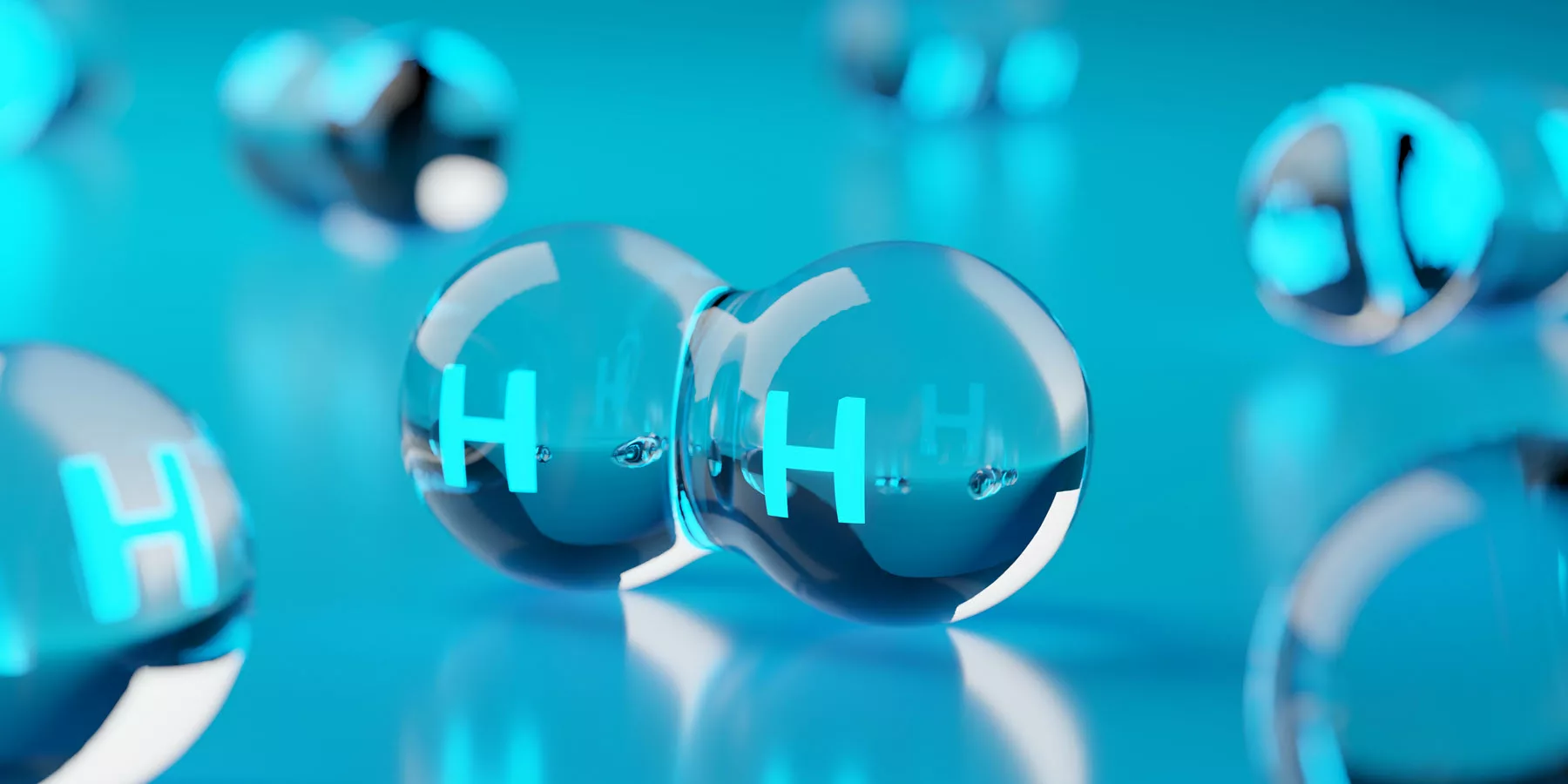Green Hydrogen Production and Water: Water and Energy Consumption Explained
Green hydrogen production continues to draw extensive focus in the clean energy sector as supporting technologies develop and improve in efficiency. Hydrogen production facilities are being built across the globe, but because the process is dependent on having a ready supply of water, the increase in popularity has brought growing concern from local communities about the environmental impact of green H2 production. This series of three blog posts will outline and discuss these concerns and consider some of the solutions proposed to overcome them.

The common perception is that hydrogen production uses a lot of water and therefore strains freshwater resources. However, this perception is more fiction than reality. Check out some of the common misconceptions about and solutions for water consumption in H2 production:
- The primary issue is that hydrogen production is said to use a lot of freshwater—so much that it will push freshwater usage too high and will deplete local reservoirs. However, most experts agree that quantity of water needed for electrolysis is very small in comparison to other sectors like irrigated agriculture or fossil fuel production . Additionally, as H2 begins to replace fossil fuels as a source of green energy, fossil fuel production will be reduced, which will free up more freshwater. During production, green hydrogen consumes only 66% of the amount of water that fossil fuel production consumes, which means adopting green hydrogen as the main form of energy storage would actually save water in the long-term.
- Another possible solution to electrolysis’s water use is to supplement freshwater with wastewater or seawater. This solution takes pressure off freshwater sources. Before being used in an electrolyzer, any water needs to be treated to a high level of purity. Groundwater, wastewater, and seawater all need to undergo the purification process, and seawater requires the extra step of desalination before being purified of other particulates. There are often concerns about how much energy water purification for H2 requires, but the purification process takes only about 1/1000th of the electricity used for electrolysis , making wastewater and seawater viable alternatives to freshwater reservoirs.
- Hydrogen production, like most large production facilities, usually requires a cooling system. Projects using water-cooling require twice the water of non-water-cooling…but this statistic makes the process seem much more water intensive than it actually is. Most options for water cooling are closed systems, and some methods use wastewater or brine instead of freshwater. Often, cooling is achieved in other ways—smaller projects sometimes use air cooling, larger projects might take advantage and use the heat for other processes, and projects by the ocean are able to use seawater.
Sourcing H20
However, none of these concerns really matter if hydrogen production cannot get access to the necessary water. A major issue with getting freshwater for H2 production even in areas with enough available freshwater is that jurisdiction over water can be both murky and complex. Jurisdiction fluctuates based on the facility’s physical location, both between nations and within them. In the US alone, water jurisdictions shift from being fairly straightforward in the east to being much more complicated in the west. And jurisdictional concerns go beyond water: once hydrogen is produced, regulations for transportation and storage – if they exist at all – are not always clear. Since hydrogen is a newer form of energy storage, in the United States it is unclear whether it would be classified as “artificial gas,” which would mean it falls under the jurisdiction of the Natural Gas Act, or as “natural gas,” giving the Federal Energy Regulatory Commission more control. While this does make it challenging to develop the green hydrogen economy, as it grows these jurisdictional issues will likely be resolved.
A concern about water consumption is understandable – however, by educating local communities hydrogen producers can demonstrate that not only will hydrogen lead to a cleaner future energywise, but it will also actually use less water than traditional fossil fuel production and consumption. Freshwater consumption and related concerns are not the only challenges facing the green hydrogen economy. Keep an eye out for our next blog post, which will dive further into desalination as a solution for limited water supplies!
Additional reading:
Does the Green Hydrogen Economy Have a Water Problem? (ACS Energy Letters)
Hydrogen Production: Electrolysis (Hydrogen and Fuel Cell Technologies Office)
The importance of water to the hydrogen industry (Advisian)
Water Resource Considerations for the Hydrogen Economy (JD Supra)
Water treatment for green hydrogen: what you need to know (Hydrogen Tech World)
Will a transition to a hydrogen economy affect water security? (World Economic Forum)
